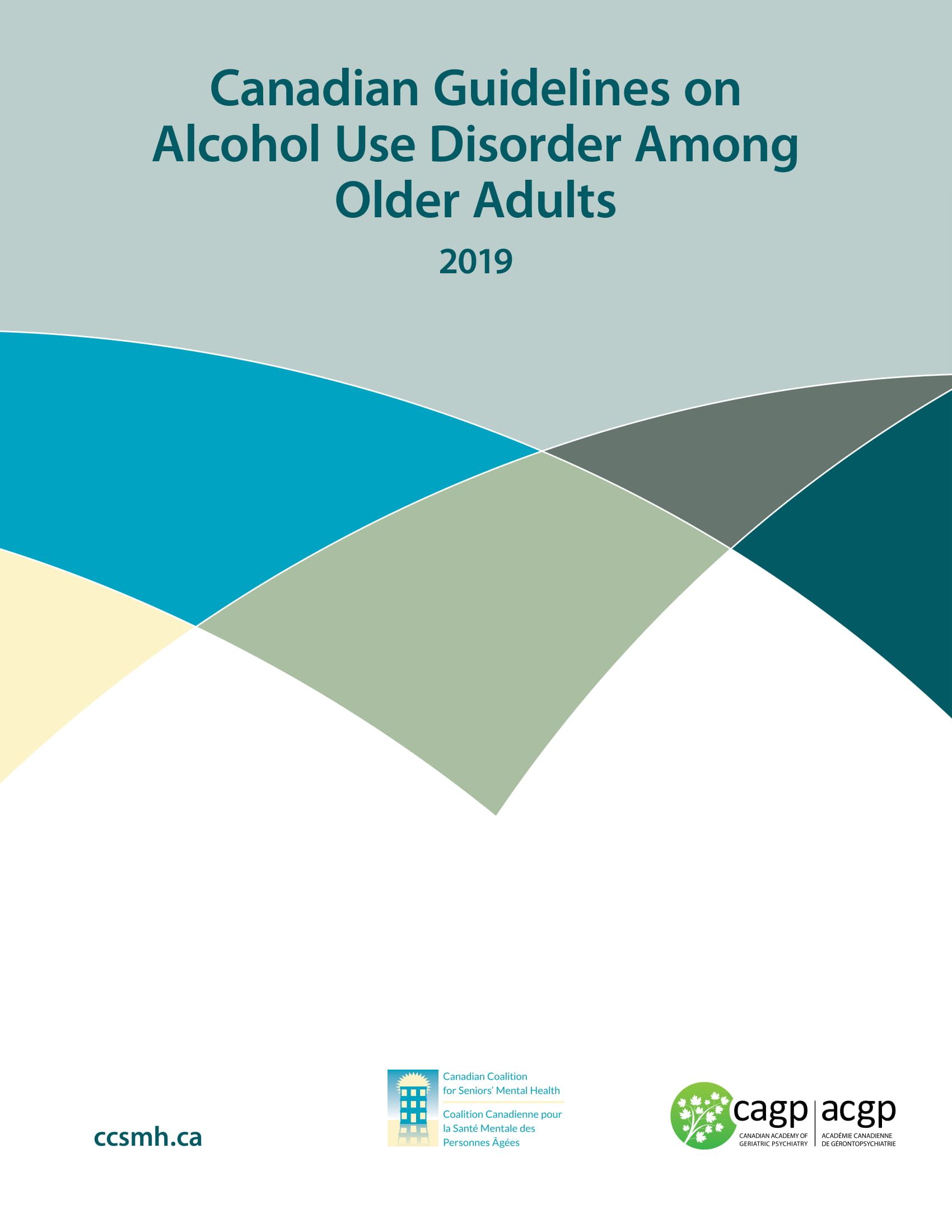Alcohol Use – Clinical Guidelines
For Health Care Professionals
Find clinical tools and resources to support your patients.
For Older Adults & Care Partners
Explore ways to support mental health and well-being for yourself and loved ones.

Canadian Guidelines on Alcohol Use Disorder Among Older Adults
CCSMH developed a best-practice clinical guidelines* on alcohol use disorder among older adults to support health care professionals provide their patients and clients with evidence-based information and best practices.
Watch the webinar presenting the alcohol use guidelines
Presented by Dr. Peter Butt, BA, MD, CCFP (AM), FCFP, Associate Professor, University of Saskatchewan.
